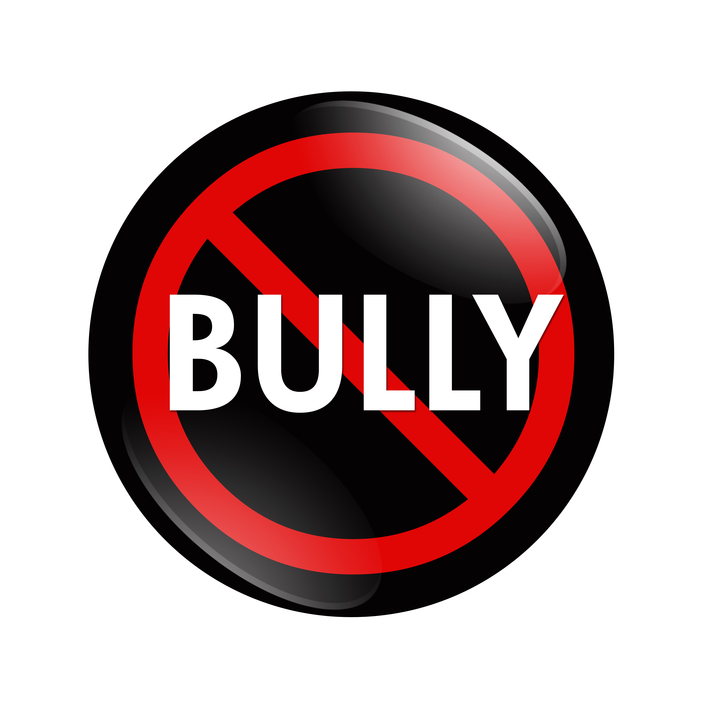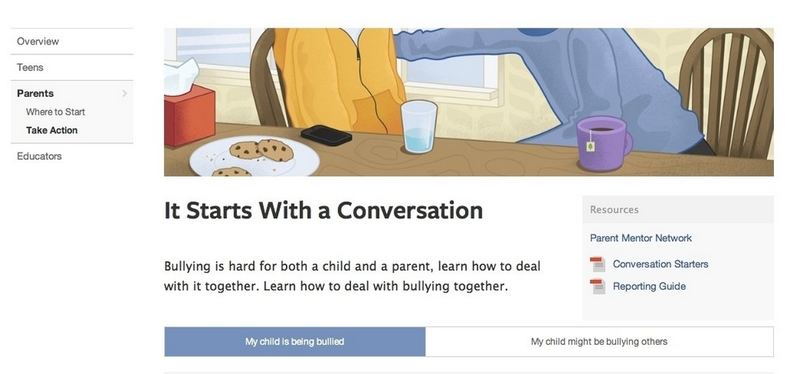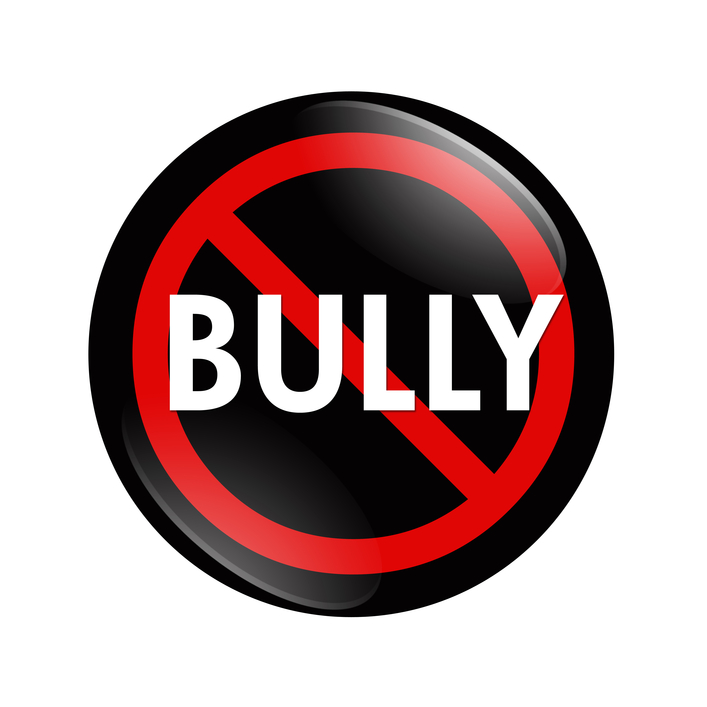We love this article written by Melissa Maypole from the Huffington Post. It is informative and has a great message for parents of teens and tweens! Check it out.
OK, first off, let's bridge the learning gap here. Not to insult anyone's intelligence, but if you're like me, you're probably struggling to keep up with your teen's vocabulary, which is likely growing at an exponential rate and not exactly in a way that might help her ace her SATs. Thus, you may not know exactly what a "selfie" is. Lucky for us (I think), the term was Oxford Dictionaries' Word of the Year for 2013.
Here's their definition:



















2.jpg)

